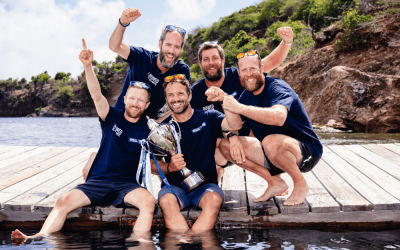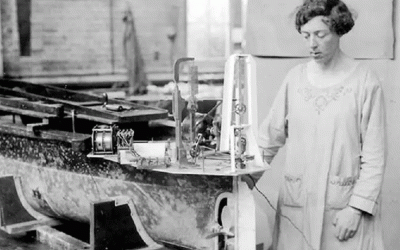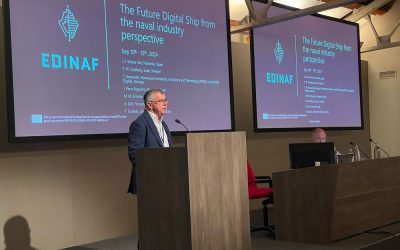Shiprepair & Maintenance: eNews September 2017
Saudi Aramco, the world’s largest oil producer, has selected Chelsea Technologies sensors to provide benchmark testing for compliance with ballast water standards. This follows Saudi Aramco’s announcement that all ships calling at its ports and terminals from international waters will be required to provide ballast water samples, in order to demonstrate compliance with the IMO's Ballast Water Management Convention.
Saudi Aramco ports and terminals are considered the highest receiver of ballast water from ships, with over 180 million tonnes of ballast water discharged during cargo operations every year.
Chelsea Technologies Group has over 50 years' experience monitoring phytoplankton, and have develop a fluorescence method for measuring very low concentrations of phytoplankton cells to monitor if ballast water treatment systems are working effectively. Their FastBallast compliance monitoring systems are now capable of determining the phytoplankton cell density of ballast water at the IMO D2 & USCG Discharge Standards (10 to 50µm range) with a higher degree of confidence than laboratory analysis. FastBallast is available as either a portable compliance monitor or an integrated continuous monitor.
Saudi Aramco will use the Chelsea’s portable analyser as a benchmark testing device to conduct spot checks on indicative sampling undertaken by third-party sampling companies. It was selected following a detailed technical review conducted by Saudi Aramco’s in-house marine biology experts, who identified FastBallast as the most accurate solution in the market for the indicative sampling of ballast water. The monitoring technology enables a rapid and detailed analysis. A 20ml sample is simple placed in the monitor and within 1- 8 minutes the monitor will report a pass or fail result with an accurate cell count. The monitor can distinguish cell size, which is a fundamental requirement to producing an accurate cell count when using fluorescence techniques because different size cells emit different amounts of fluorescence.
The International Maritime Organization (IMO) Ballast Water Management (BWM) Convention entered into force on 8 September 2017. It has been estimated that the maritime industry may need to spend around $100 billion in order to install the required new ballast water treatment systems. Once these systems have been fitted they must also be monitored to ensure that they perform within the required standard. Mr Poulsson, Chairman of the International Chamber of Shipping has said “We need to ensure, so far as practicable, that the systems installed on ships will indeed be fit for purpose in all known operating conditions worldwide.”






